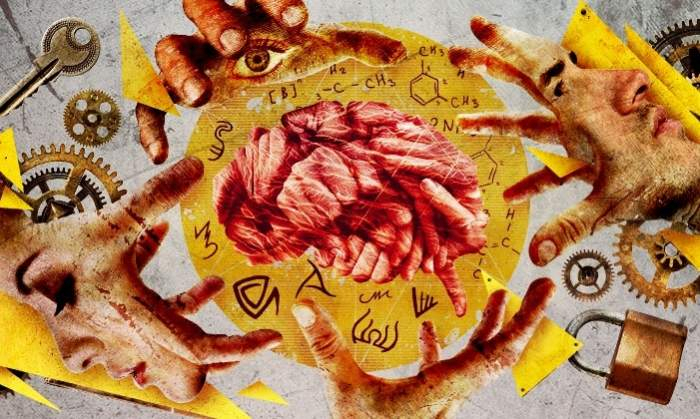Escape rooms offer more than just thrilling entertainment; they significantly enhance problem-solving abilities. Here’s how:

Creative Thinking
Escape rooms present unusual scenarios that require innovative solutions, pushing players to think outside the box. Finding hidden messages or deciphering mechanisms often demands a high level of creativity.
Logical and Analytical Skills
These rooms are filled with complex puzzles that develop logical and analytical thinking. Players must gather and connect information systematically, improving their ability to organize and analyze details.
Teamwork and Communication
Effective communication and teamwork are crucial for escaping. Players must share information, coordinate activities, and collaborate closely, fostering leadership and cooperative skills.
Stress Management and Decision-Making
The time pressure in escape rooms creates stressful situations, teaching participants to manage stress and make swift decisions under changing conditions.
Spatial Thinking
Many escape rooms include physical tasks requiring spatial awareness. Players interpret maps, plan routes, and manipulate objects, enhancing their spatial visualization and fine motor skills.
Attention to Detail
Finding hidden clues and focusing on small details hone players' attention, emphasizing thorough examination and meticulousness, which are vital in problem-solving.
Escape rooms offer a fun way to develop cognitive and social skills. For those looking to challenge themselves and enhance their problem-solving abilities, visiting an escape room is an excellent choice!


